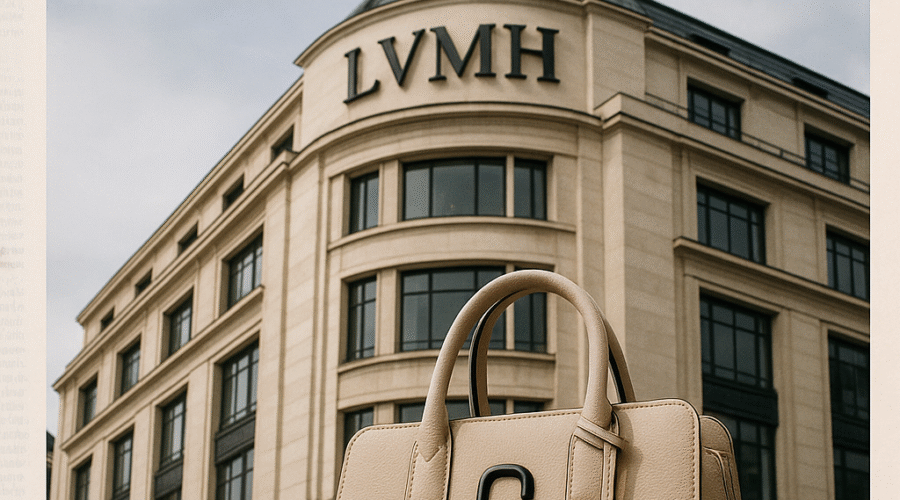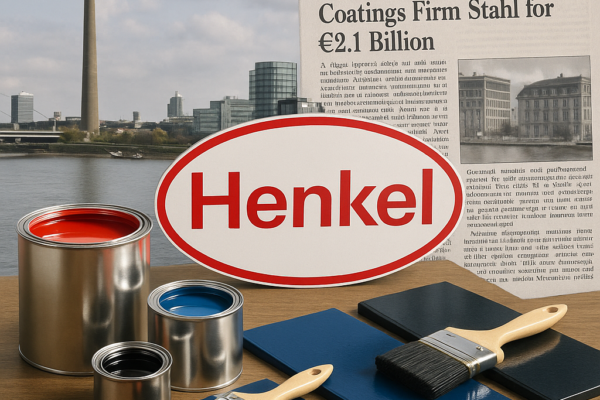Recent reports indicate LVMH Moët Hennessy Louis Vuitton is exploring strategic options for its Marc Jacobs brand, signaling potential shifts in its luxury portfolio strategy. The move aligns with broader industry trends of luxury conglomerates streamlining operations and focusing on core high-growth brands.
💼 M&A / PE diligence in 24 hours? Yes, thanks to AI!
Deal Rationale and Strategic Context
LVMH’s potential divestiture of Marc Jacobs reflects a strategic recalibration toward maximizing returns from its most profitable brands. Marc Jacobs, acquired in 1997, has faced challenges in recent years, with the brand’s revenue lagging behind LVMH’s powerhouses like Louis Vuitton and Dior. Analysts suggest the move could free up capital for acquisitions in high-growth markets or digital transformation initiatives.
Financial and Operational Considerations
- Valuation Range: Industry sources estimate Marc Jacobs could fetch $500M–$1B, depending on buyer interest and brand positioning.
- Buyer Profiles: Potential acquirers include private equity firms (KKR, Carlyle) seeking turnaround opportunities or strategic investors in luxury retail.
- Operational Synergies: A sale might enable LVMH to concentrate resources on its “Maison” strategy, which emphasizes exclusivity and heritage.
Market Implications and Industry Trends
The potential sale highlights two key trends in luxury M&A:
- Portfolio Optimization: Conglomerates like LVMH and Richemont increasingly prioritize brands with clear growth trajectories, as seen in Richemont’s recent divestiture of non-core assets.
- Private Equity Interest: PE firms are actively targeting mid-tier luxury brands for repositioning, exemplified by Advent International’s acquisition of Furla in 2022.
Historical Context and Comparable Transactions
| Deal | Year | Valuation | Buyer Type |
|---|---|---|---|
| LVMH Divests Donna Karan | 2016 | $650M | G-III Apparel Group |
| Richemont Sells Shanghai Tang | 2017 | Undisclosed | Private Equity |
Leadership and Brand Positioning
Marc Jacobs’ creative direction under LVMH has faced scrutiny, with some analysts attributing challenges to shifting consumer preferences toward streetwear and digital-native brands. A new owner might reposition the brand to appeal to younger demographics or expand its direct-to-consumer channels.
Infographic Suggestions
- LVMH Portfolio Evolution: Timeline showing acquisitions/divestitures since 2000.
- Private Equity Activity in Luxury: Heatmap of PE investments in fashion/retail since 2020.
- Brand Performance Comparison: Revenue growth rates of Marc Jacobs vs. LVMH’s top brands.
Conclusion: Strategic Realignment in Luxury
A Marc Jacobs sale would underscore LVMH’s disciplined approach to capital allocation, prioritizing brands with scalable growth potential. For private equity, the deal represents an opportunity to acquire a recognized brand with turnaround potential in a sector where valuations remain attractive compared to public markets.
**SEO Keywords:** LVMH divestiture, Marc Jacobs sale, luxury brand M&A, private equity acquisitions, luxury portfolio strategy, luxury brand turnaround, LVMH Marc Jacobs, luxury industry trends 2025
Sources





